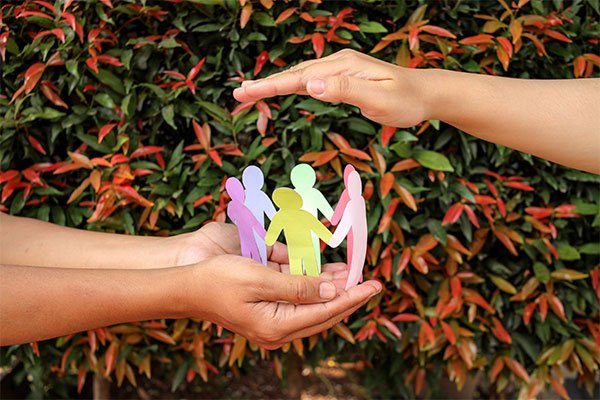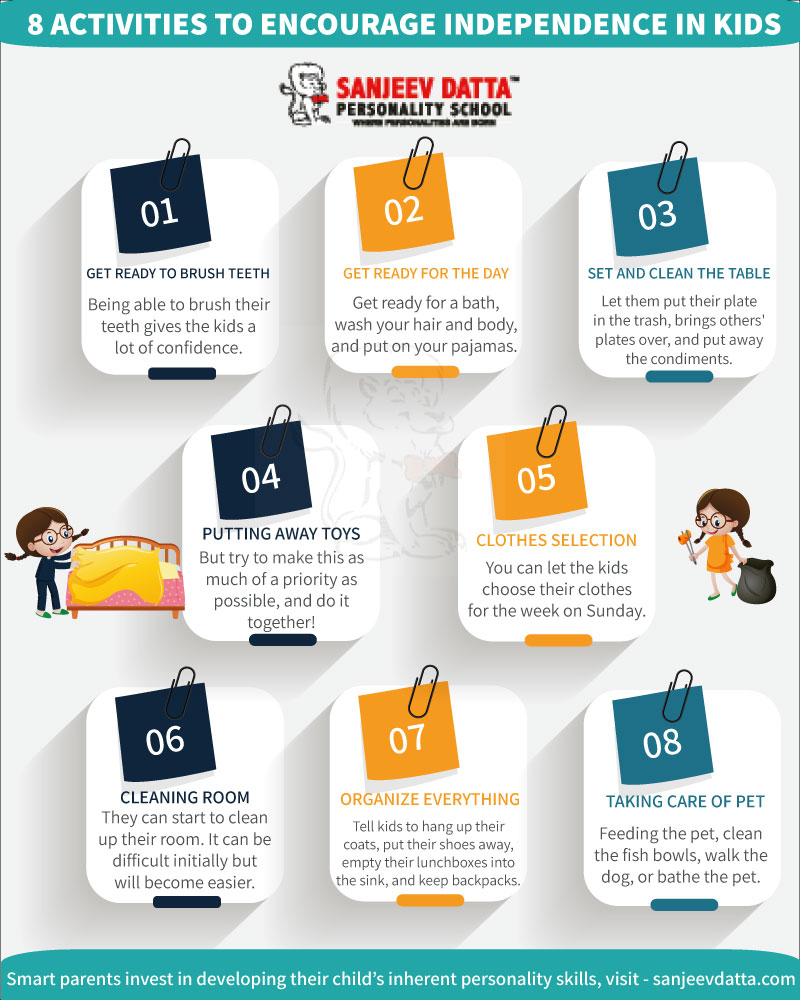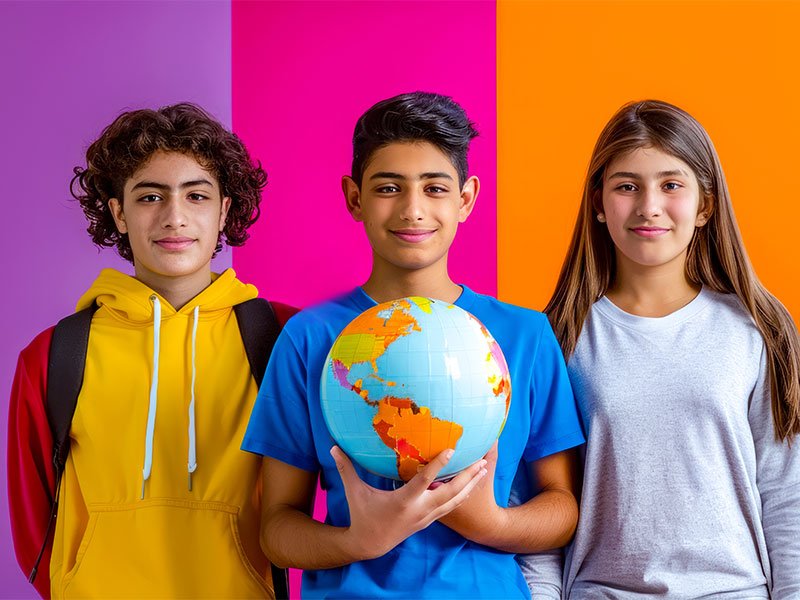The future of any society lies in the hands of its young generation. Today’s teenagers and young adults are tomorrow’s decision-makers, educators, business leaders, and global citizens. But with increasing access to technology and shrinking real-world engagement, there is a growing need to guide this generation toward greater accountability and civic consciousness. Instilling social responsibility in youth is not only essential for personal development, but also for building a more compassionate, ethical, and sustainable world.
Social responsibility isn’t limited to volunteering or charity—it’s about fostering a mindset where individuals consider the impact of their actions on others, society, and the environment. When youth understand their role in contributing positively to their communities, they develop a deeper sense of purpose, empathy, and leadership.
This article explores actionable strategies to empower social responsibility in youth, offering insights into how families, educators, mentors, and institutions can nurture responsible and socially aware individuals ready to create meaningful change.
Understanding the Importance of Social Responsibility in Youth
Before teaching social responsibility, it’s important to understand what it entails and why it matters.
- Definition: Social responsibility is the obligation of an individual to act for the benefit of society at large.
- Relevance for youth: Cultivating this value early helps in building a generation that values fairness, community engagement, and ethical action.
- Long-term benefits: It fosters critical thinking, emotional intelligence, problem-solving, and leadership—traits essential for both personal success and societal well-being.
When youth embrace social responsibility, they transition from passive observers to active participants in building a better world.
1. Begin with Self-Awareness and Personal Values
The journey to responsible citizenship starts with self-awareness. Young individuals must first understand who they are, what they value, and how their behavior affects others.
Tips:
- Encourage journaling or reflective discussions.
- Introduce them to value-based assessments or exercises.
- Use real-life scenarios to discuss ethical choices.
When youth are grounded in their values, they become more mindful of their actions and responsibilities.

2. Promote Empathy Through Exposure and Dialogue
Empathy is the foundation of social responsibility. It allows youth to place themselves in others’ shoes and develop emotional connections beyond their own experiences.
Strategies:
- Involve youth in community visits or service-based learning.
- Introduce books, documentaries, and discussions that explore diverse lives and challenges.
- Encourage debates and forums on social issues to build perspective-taking skills.
An empathetic mindset drives youth to act with compassion and accountability.
3. Integrate Social Topics into Education
Education systems play a critical role in developing socially responsible youth. Schools must go beyond academics and actively embed civic values and responsibilities into their curricula.
Recommendations:
- Incorporate subjects like environmental education, social studies, ethics, and global citizenship.
- Use project-based learning to tackle real-world problems.
- Organize student-led initiatives such as awareness campaigns or charity drives.
Education that balances intellectual and emotional growth creates well-rounded individuals who care.
4. Encourage Youth Participation in Community Initiatives
Participation leads to ownership. Involving youth in community activities helps them understand social dynamics and feel responsible for the well-being of others.
Ideas:
- Volunteering in local NGOs, orphanages, or old-age homes.
- Participating in environmental clean-up drives or tree-planting programs.
- Engaging in school or neighborhood committees focused on health, safety, or welfare.
Hands-on involvement helps internalize social responsibility as a personal commitment rather than an abstract ideal.
Visit: early conflict management education
5. Harness the Power of Role Models and Mentorship
Youth are highly influenced by people they look up to. Mentors, teachers, parents, and community leaders can demonstrate responsible behavior and ethical conduct through everyday actions.
Suggestions:
- Highlight stories of inspiring individuals who contribute to social causes.
- Encourage mentorship programs where older students guide younger ones.
- Invite guest speakers from various social sectors to share their experiences.
Positive modeling sets the tone for responsible behavior in youth.
6. Use Technology as a Force for Social Good
While technology often distracts, it can also empower. Teach youth how to use digital platforms for awareness, activism, and learning.
Action Points:
- Encourage the creation of blogs, podcasts, or videos on social issues.
- Teach responsible social media behavior and digital citizenship.
- Guide youth in initiating online petitions or virtual fundraising campaigns.
The digital realm is a powerful tool—when guided properly, it amplifies positive impact. Empower your child to lead with confidence, empathy, and responsibility. Enroll in our exclusive personality development course and unlock their full potential—inside and out.

7. Cultivate Critical Thinking and Media Literacy
In a world filled with misinformation and manipulation, teaching youth to question, analyze, and reflect is crucial.
Focus Areas:
- How to verify information sources.
- Discuss the difference between opinion and fact.
- Analyze media influence on public perception and social bias.
A critical thinker naturally becomes a responsible decision-maker and active contributor to a fair society.
8. Celebrate and Acknowledge Contributions
Recognition goes a long way in reinforcing positive behavior. Celebrate young individuals who exhibit social responsibility.
Ways to Acknowledge:
- School awards or certificates for community service.
- Public appreciation through newsletters or social media.
- Letters of recommendation highlighting character development.
Appreciation not only boosts confidence but also inspires others to act responsibly.

9. Encourage Dialogue on Global Issues
Understanding global challenges like climate change, inequality, and human rights helps broaden youth perspectives.
Discussion Topics:
- Sustainable development goals (SDGs)
- International humanitarian efforts
- Cultural diversity and inclusion
Global awareness is a powerful motivator for local action.
10. Link Responsibility with Leadership
Leadership is not about authority—it’s about influence. Encourage youth to see social responsibility as part of their leadership identity.
Tools:
- Leadership training programs focused on ethical behavior.
- Group activities that require collaborative decision-making.
- Encouraging student representation in decision-making bodies.
Responsible leaders inspire change from the front.
11. Create Safe Spaces for Expression
Letting youth speak about what they care about fosters a sense of belonging and accountability.
Support Expression Through:
- Art, theater, and writing competitions on social topics.
- Safe forums for dialogue and idea-sharing.
- Social clubs or action groups.
When young minds are heard, they take ownership of their voices and actions.
Visit: career counseling for kids
12. Involve Families and Communities
Responsibility cannot be taught in isolation. Families and communities must be actively engaged in this process.
Actions:
- Parent-child workshops on civic engagement.
- Family volunteering programs.
- Community events that involve all age groups.
A collaborative environment enhances the sense of collective duty. Transform your child into a confident, socially aware leader with our results-driven personality development training. Enroll now and make them ready—not just for a career, but for life.

13. Connect Social Responsibility to Future Goals
Demonstrate how socially responsible behavior can benefit career and life aspirations.
Benefits:
- Builds stronger resumes and scholarship profiles.
- Enhances leadership and interpersonal skills.
- Prepares for roles in global, socially responsible businesses.
Aligning responsibility with future success increases motivation.
14. Foster Resilience and Problem-Solving Skills
Responsible youth often face setbacks and opposition. Equip them with tools to overcome challenges.
Skills to Nurture:
- Conflict resolution
- Emotional regulation
- Strategic thinking
A resilient individual doesn’t give up when faced with social obstacles—they adapt and act wisely.
Visit: collaborative problem solving for kids
Conclusion: Building the Future Through Social Responsibility in Youth
Cultivating social responsibility in youth is no longer an optional virtue—it is an urgent necessity. The world needs young minds who are not only intelligent and ambitious but also compassionate, ethical, and socially conscious. From home and school to social media and community spaces, every environment must contribute to nurturing these values.
By following structured, intentional strategies—ranging from self-awareness and education to involvement and mentorship—we can shape youth into engaged citizens who think globally and act locally. Responsibility, once instilled, becomes a guiding force throughout life. It’s time to empower youth not just to succeed, but to contribute because the true measure of success lies not in what we achieve, but in how we uplift those around us.


